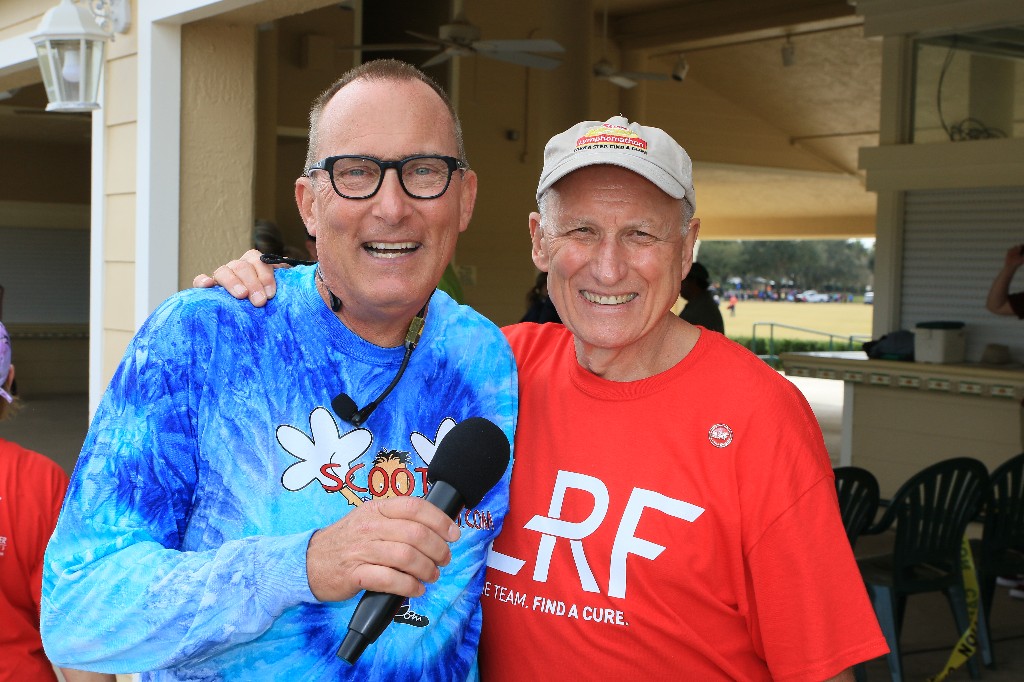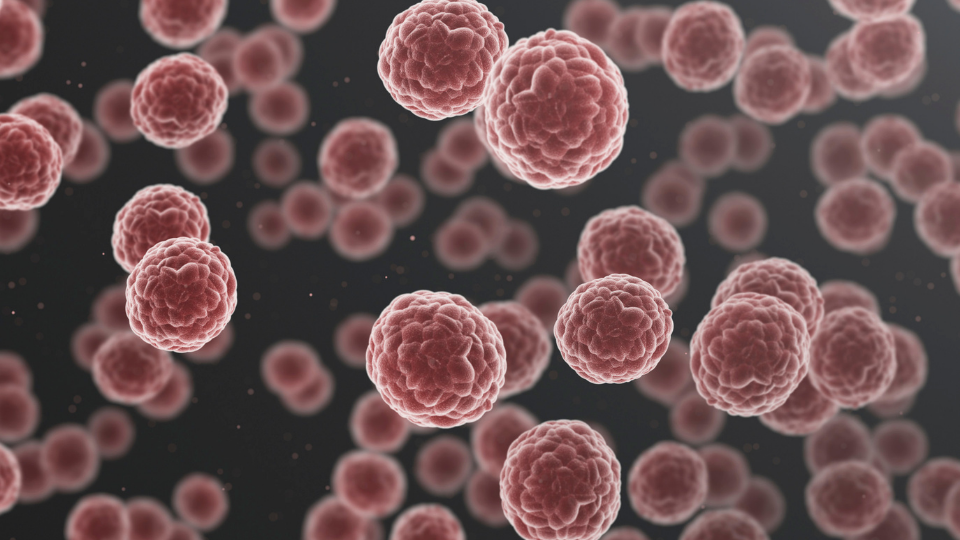Sponsored by an educational grant from Epizyme, Inc.
September marks an important awareness milestone for the blood cancer community –Blood Cancer Awareness Month. Men’s Health Network (MHN) is taking the opportunity to spotlight follicular lymphoma (FL), a blood cancer that accounts for approximately 20 percent of all non-Hodgkin lymphoma (NHLs) cases in the United States.[i]
Follicular lymphoma is a slow-growing and incurable cancer that starts in the lymphatic system, which is a system of lymph nodes found throughout the body, including the neck, underarms, chest, abdomen, and groin/pelvis.[i] The symptoms of FL may include swollen lymph nodes in these regions of the body, as well as fatigue, weight loss, and shortness of breath. [ii] In some cases, patients may not notice symptoms at all.[iii] Although it can affect anyone at any age, follicular lymphoma is more prevalent in white men and women over 60, and it is found at slightly higher rates among men.[i],[iv]
Patients may live for many years relatively unaffected by FL. It’s important, however, that patients continue to have routine, open conversations with their healthcare providers about their cancer. Working with their healthcare teams, patients can develop a long-term treatment plan that addresses the severity of the condition and takes into consideration available treatment options, some of which are oral medications that can be taken from the convenience of home, to best support the patient’s needs.
These conversations are especially important as patients with FL will often experience periods of remission before their disease returns (relapses), and they may also become resistant to previous treatments they have received (refractory) as their disease becomes more aggressive and/or difficult to treat. Despite its slow-growing nature, FL can progress and should continue to be monitored following diagnosis and remission.
Every individual’s experience with FL is different, so having these routine, open and honest discussions with a healthcare provider is critical to ensuring the best care. Working with doctors to determine the best treatment protocol, management and monitoring can help many patients lead relatively normal lives, much like people with other chronic diseases.
Men’s Health Network’s mission is to reach men where they are with health education and to encourage them to take ownership of their health and wellbeing. As we continue to be impacted by the COVID-19 pandemic, it’s important for patients to maintain an open dialogue with their doctors. Taking advantage of telemedicine may give patients a new and important option for staying in touch, but these virtual visits should not fully replace in-person appointments. Since the symptoms of FL can sometimes be subtle and given the relapsed and refractory nature of the disease, patients should continue having routine check-ins with their doctor and not forego treatment, as long as safety precautions are in place, to ensure the best care possible.
Personal stories from patients with FL highlight the widespread support available for those with this disease. Many speak candidly about living with FL, and their personal experiences can be helpful in offering encouragement to those recently diagnosed as well as to those who have been living with FL for years. As with many medical conditions, having open conversations with your doctor and sharing your story with others can be helpful. Becoming part of a support group designed to provide information and emotional assistance can be beneficial as well.
One patient, Bob, who has lived with FL for more than 20 years noted, “I’m very involved in the lymphoma community. I speak with several patients regularly, both newly diagnosed and those who have had FL for years, just so they have someone to talk to who knows what they’re going through.”
“I always urge others to get as much information as they possibly can about follicular lymphoma to ensure they can sit down with their oncologist and family and have the most intelligent and open conversation possible in terms of their treatment and care moving forward,” said Bob.
While there is no cure for follicular lymphoma, Men’s Health Network urges men to learn more about the cancer, available treatments, new research, and the many support resources which are available.
[i] Lymphoma- Non-Hodgkin: Introduction. Cancer.Net. Accessed July 31, 2020. Available at https://www.cancer.net/cancer-types/lymphoma-non-hodgkin/introduction
[ii] Lymphoma. Mayo Clinic. Accessed July 31, 2020. Available at: https://www.mayoclinic.org/diseases-conditions/lymphoma/symptoms-causes/sync-20352638
[iii] Getting the Facts: Follicular Lymphoma. Lymphoma Research Foundation. Accessed July 31, 2020. Available at: https://lymphoma.org/wp-content/uploads/2018/04/LRF_FACTSHEET_RR_Follicular_Lymphoma.pdf
[iv] Cancer Stat Facts: NHL – Follicular Lymphoma. National Cancer Institute, SEER. Available at: https://seer.cancer.gov/statfacts/html/follicular.html
DA-FL-UB-20-0011
Photo by National Cancer Institute on Unsplash




